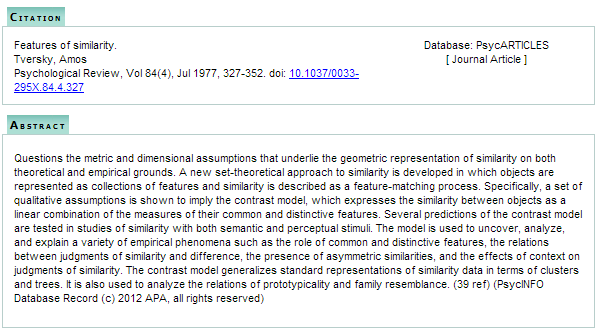|
Bruce Appreciate your thoughtful comments. Non-Duality and Similarity are only a few of the great aspects covered in your excellent response.
How do we get beyond word-language acrobatics and complexities to understand and experience reality, by thinking about topics in your enclosed links of when it becomes one, great comments and writings as quoted by you.
Now - often the reasons for one to many or latent to expressed or differentiated "things" often elaborated as real objects or reality expressions, require some inner force or driver, that is what is causing spread of species, life forms, mutations etc., as some elaborate.
However, if we could understand reality related transformation processes at least in physical and experiential-nature and not just stop as convex-concave, dark and light, duality, we might get another dimensional projection to look at reality from one more perspective, encompassing reality as you point out and as I agree as good goal, quoting you "In a world society moving with great evolutionary urgency towards globalization, we need this absolute map, defined in universal (and “potentially continuously variable”) terms, that reflects all possible ways to parse the space of reality into labels and names and categories and distinctions, in a form that “interprets all natural languages” – and guides a correct (because balanced, comprehensively inclusive, and un-biased) interpretation."
Regards, On Thu, Jul 24, 2014 at 1:15 PM, Bruce Schuman <bruceschuman@xxxxxxx> wrote:
_________________________________________________________________ Message Archives: http://ontolog.cim3.net/forum/ontolog-forum/ Config Subscr: http://ontolog.cim3.net/mailman/listinfo/ontolog-forum/ Unsubscribe: mailto:ontolog-forum-leave@xxxxxxxxxxxxxxxx Shared Files: http://ontolog.cim3.net/file/ Community Wiki: http://ontolog.cim3.net/wiki/ To join: http://ontolog.cim3.net/cgi-bin/wiki.pl?WikiHomePage#nid1J (01) |
